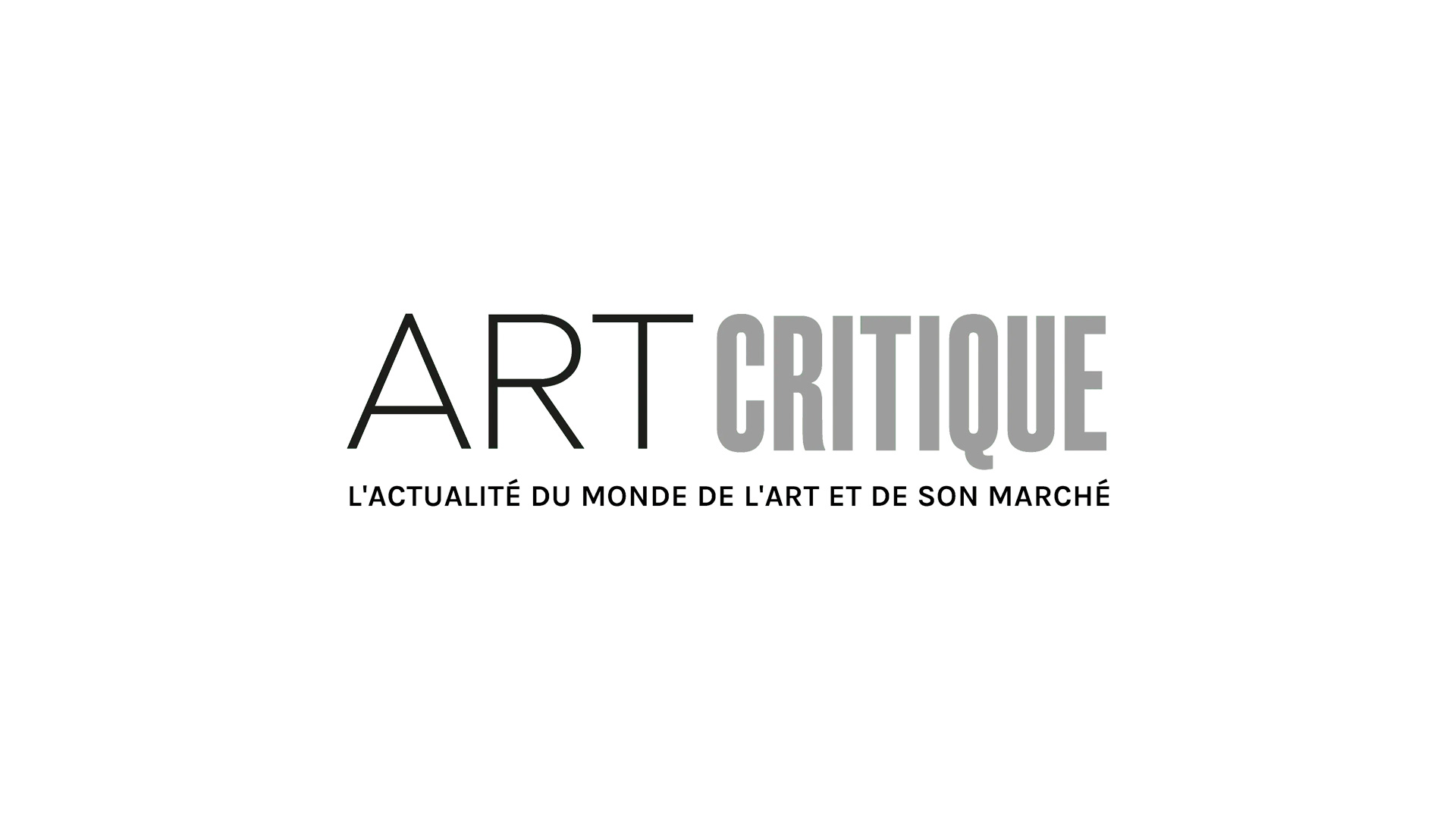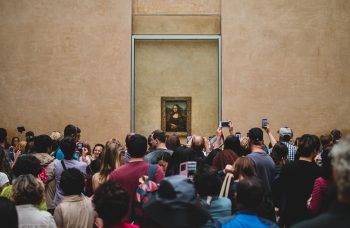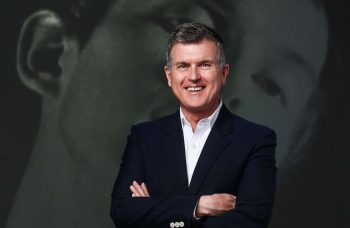The Paris Opera Ballet is the oldest national ballet company in the world and is steeped in tradition. For all its grandeur and prestige, the ballet is notably lacking in diversity and, until recently, was among the ballet companies with a repertoire that even included blackface. However, a 66-page report released Monday shed light on just how much work the Paris Opera will need to put in to right its lack of diversity.
Compiled by historian Pap Ndiaye and rights advocate Constance Rivière, the report was commissioned by Alexander Neef, artistic director of the Paris Opera. It was created in response to a 2020 open letter written by five Black members of the ballet company who were frustrated by the persistent discriminatory environment of the Opera. Released in January, the report found that the Paris Opera is in dire need for diversity.
Taking on board the report’s critique, the Opera is initiating efforts that will create a more progressive ballet for the future. Neef announced that the Paris Opera will now employ a “diversity and inclusion officer,” following the example of the Metropolitan Opera in New York which created its first such posting in January. The Opera will also form a consulting body of experts, both from within the Opera and outside of the institution, that will weigh in on the ballet’s repertoire in relation to the report’s findings.
The report also urged that an overhaul of the admissions process for the Paris Opera Ballet School, where the company trains a majority of the its dancers, be carried out to allow for a more diverse selection pool. “The objective is not that the school recruits less talented students to meet diversity objectives,” the writers of the report said, “but to search for great students wherever they can be found.”
The report didn’t stop with the ballet itself, either, as it pointed out the need for diversity amongst the Paris Opera’s 1,800-member staff, including technical and administrative personnel, musicians, and librettists.
Neef stated that the Opera will continue to include The Nutcracker and La Bayadère in its repertoire, although there will be careful consideration in future productions to change choreography and costumes perpetuating racist caricatures found within a number of classical works. After all, The Nutcracker continues to feature the “Chinese Dance” and until 2015, La Bayadère utilised blackface.
Specific “aesthetic choices” of Russian ballet dancer Rudolf Nureyev, who led the Paris Opera Ballet as director during the 1980s and whose ballets are still performed by the company, were discussed in the report as well. Neef has ensured that Nureyev’s works will not be banned from the Opera, but that the use of blackface and yellowface, both of which were in Nureyev works, will certainly be banned. The report also specifically weighed in on ballet blanc, or white ballet. The ballet blanc tradition is that which shows a ballet corps in identical white tutus; it is found in a number of ballets, but those of Swan Lake are perhaps the most iconic. According to the report, at times, Black ballet dancers have been explicitly excluded from such scenes performed by the ballet.
“I expect the far right and the most conservative politicians and intellectuals to protest, and say it’s, once again, about the Americanization of French culture,” Ndiaye said, and he was right. The report has already drawn criticism from some. Neef’s statement that “some works will no doubt disappear from the repertoire” incited particular outcry, although Neef said his words were taken out of context. Among detractors is the leader of the far-right National Rally party, Marine Le Pen who took to Twitter to call the actions “antiracism gone mad.” In response to such rebukes, Neef was not phased, saying: “We’re not here promoting a climate of censorship, or dictatorial actions from the leadership. The whole point of this initiative is we want to put on opera and ballet by 21st-century artists for 21st-century audiences.”
Of course, the Paris Opera Ballet is not the only company to face these issues. Misty Copeland, principal dancer for the American Ballet Theatre, has been vocal on the perpetuation of racism and the lack of diversity within the ballet community. Copeland was the first African American female to become a principal dancer for the ABT and in 2019, called out the Bolshoi Ballet for their use of blackface. Chloé Lopes Gomes, the first Black ballet dancer to enter the Staatsballett in Berlin, accused the organisation of racism.
“This is not the end, it’s the beginning,” Neef said of Paris Opera plans to diversity, emphasizing that the changes will take time. As it is a force to be reckoned with within the ballet world, if the Opera makes the changes recommended and continues to progress as an institution, it could set a standard for ballet companies around the world.





